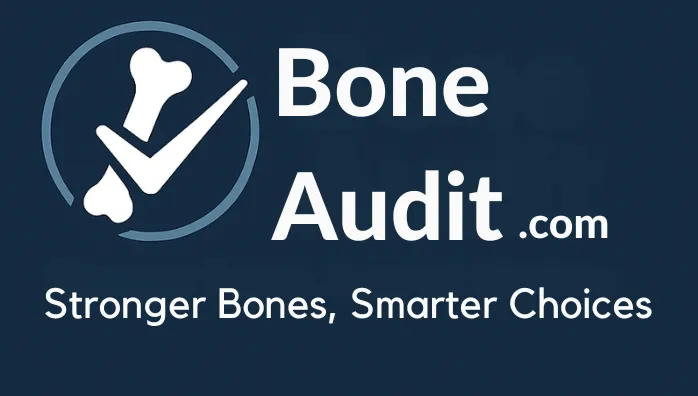
Estrogen and Bone Health: Why It Matters at Every Age
When people think of estrogen, they often think of hot flashes, mood swings, or menopause. But there’s something even more critical that often gets missed:
👉 Estrogen plays a major role in protecting your bones.
Why Estrogen Matters for Your Skeleton
Estrogen helps regulate the balance between bone-building cells (osteoblasts) and bone-breaking cells (osteoclasts). When estrogen drops — especially after menopause or the removal of ovaries — this balance tips in the wrong direction:
Bone breakdown speeds up
Bone formation slows down
The result? A sharp decline in bone mineral density (BMD), especially in the first 5–10 years after menopause. For many women, it’s the single biggest factor behind a sudden drop in bone density.
It’s Not Just About Symptoms
Even if you’re not experiencing classic menopause symptoms like hot flashes, it doesn’t mean your estrogen levels are where they should be.
In fact, low estrogen can go unnoticed — and still be quietly affecting your bones.
Regular hormone testing can help you spot issues early, even before symptoms show up.
This is especially important for women who:
Went through early menopause
Had their ovaries surgically removed
Have irregular cycles or a history of amenorrhea
Are using hormone-blocking medications (see related article)
💡 Common Belief to Rethink
Many people assume that hormone replacement therapy (HRT) is only used to manage menopause symptoms like hot flashes or mood swings.
But there’s growing interest — even among progressive medical practitioners — in using HRT to support bone density, heart health, and cognitive function as part of a broader longevity strategy.
While it’s not right for everyone, and it’s important to weigh risks and benefits, the idea that HRT is only for short-term symptom relief is outdated.
If you’re curious, speak with a practitioner who specialises in menopause or functional medicine to see what options might be appropriate for you — even if it’s been years since menopause.
Strategies to Protect Your Bones
If you know or suspect your estrogen is low, here’s what you can do:
✅ Test your levels: Ask your practitioner for a full hormone panel that includes estrogen (usually estradiol or E2).
✅ Talk about options: For some, HRT may be appropriate — especially transdermal estrogen (patch or gel), which delivers hormones through the skin. This route has a much lower risk of blood clots compared to oral tablets, making it a preferred option for many women. Your practitioner can help you weigh the pros and cons. For others, there may be natural ways to support hormonal balance.
🔎 Over 60? HRT may still be considered in some cases — especially low-dose transdermal forms. Talk to your practitioner to see if it’s suitable based on your personal and family history.
✅ Support bone remodeling naturally: Certain nutrients and supplements can help promote healthy bone turnover — especially if estrogen is low.
Examples include:
Omega-3s (shown to reduce osteoclast activity)
Vitamin D3 + K2 (for calcium regulation)
Magnesium, boron, and zinc (all support bone metabolism)
Collagen peptides (may help maintain the bone matrix)
These won’t fully replace the role of estrogen — but they may help reduce the impact of its loss.
Final Thought
Estrogen is more than a hormone for reproductive health — it’s a key protector of your skeleton.
Whether you’re approaching menopause, past it, or had a surgical menopause, your bone health can still be influenced by estrogen.
⚠️ Don’t wait until symptoms show up.
🧪 Testing your levels now gives you a clearer picture — and a chance to take action before bone loss accelerates.
